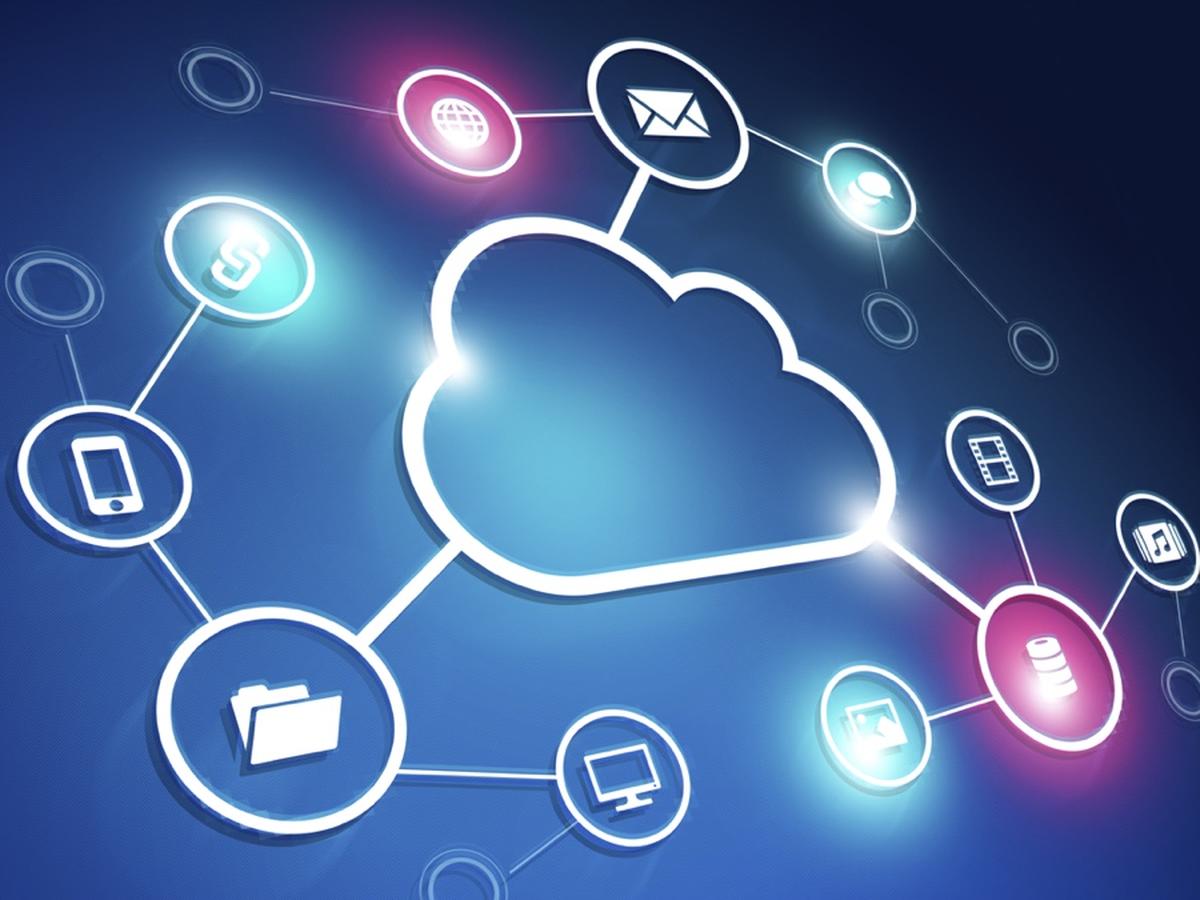Technology is rapidly changing. In the old days, data used to be stored on floppy disks! Before long we had the flash disks. Now there's a whole new technology that has made its way: the Cloud.
Cloud computing, in simple terms, is the process of delivering computer services, which includes databases, networks, servers, analytics, intelligence, and software over the internet. Or, rather, an online storage location for all your files.
This offers faster innovation and the flexibility of resources of economies of scale. What you have to do is pay for the cloud services and you have your information stored for life. Read on to learn more about cloud computing.

What Is the Cloud?
If you own an iPhone, you are probably aware of this. It is a technology that allows you to store data on remote and secure servers rather than computer hard drives.
The cloud is an ensemble of servers that act as hosts for information from all over the world. You can retrieve this information from anywhere, just like your email.
This storage is virtual. If you have a computer or a smartphone with an internet connection, you can easily retrieve the information from any location in the world.
Technical Aspects of Cloud Technology
Cloud storage is a computer model that relies on the internet to access and share data, across various devices such as computers and smartphones. Users can access all the information stored in a third party center, by simply logging in.
The best examples of cloud storage are Google Drive, Dropbox, and One Drive. The client-server computing model, which allows you to access information from a host computer, grid computing model, fog computing, and peer-to-peer computer models are all good examples of cloud computing.
Private Cloud
This is designed to accommodate and support data from larger companies or small home-based offices. Companies employ services of a third party cloud provider who stores their data, and they access this data remotely from that particular company.
It can either be on-premises, where the server is stored within the company's building. This is much easier to manage and control because, in case of any problems, the staff can easily sort it out if it is within their building.
It is best suited for large companies since the security and management of the server can be quite costly. Or, it can be off-premises, which means the server is maintained away from the company premises.
Public Cloud
In this case, there's no need to worry about the maintenance or security of the data because everything is externalized. They are easier to maintain than private clouds. They are also extremely easy to access. Anyone with the right logging details can easily access the information from any location.
Hybrid Clouds
This combines both private and public cloud features. It has a huge number of customization options. You can edit, add or delete any applications running on your personalized cloud.
The beauty of this is that, if you wish to share information that is sensitive you can always opt for the private cloud that has better security or if you have non-sensitive data, opt for the public cloud.
Cost
If you decide to use cloud storage, you will reduce your operating cost, which is a big win for any company. This is because you cannot compare the cost of external storage devices to that of the cloud storage. The average cost of 1GB of cloud storage is 3 cents.
Accessibility

When emails came around, everyone breathed a huge sigh of relief as it made life much easier. Rather than writing letters that would take days to be delivered, emails are instantaneous.
The cloud storage is another big relief! You don’t need to carry CDs and flash disks around, worrying about losing them. You can store everything on your cloud, travel thousands of miles, and be able to access it from anywhere.
Conclusion
This technology is quickly taking over. From the advantages alone, it’s clear evidence that if you are not storing your data on the cloud, you should be.
If you use your computer for storage, make sure you have a backup plan on one of the cloud service providers' servers. It will save you a lot of heartaches if anything were to happen.







